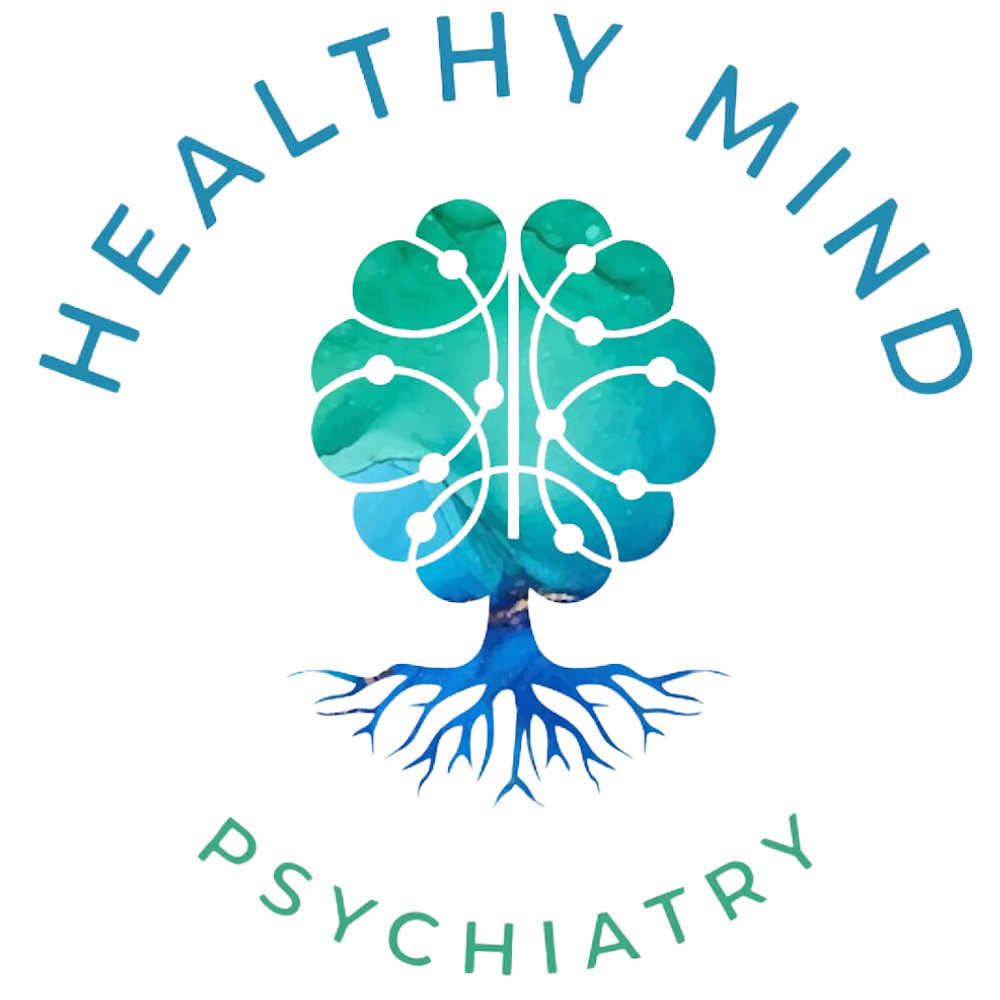FAQ's
Do you prescribe controlled substances for mental health treatment?
No, I do not prescribe controlled substances, including but not limited to stimulants (e.g., Adderall, Ritalin) or benzodiazepines (e.g., Xanax, Ativan). My practice focuses on non-controlled medications and evidence-based therapies to treat mental health conditions.
Why don’t you prescribe controlled substances?
Controlled substances carry a high risk of dependency, abuse, and long-term side effects. My goal is to prioritize safer, sustainable treatment options that support long-term mental health without the risks associated with these medications.
What are the alternatives to controlled substances?
There are many effective, non-controlled medications for managing conditions like anxiety, depression, and ADHD. Additionally, I integrate therapeutic approaches such as Cognitive Behavioral Therapy (CBT), mindfulness, and solution-focused therapy, which can significantly improve symptoms and overall well-being.
I’ve been prescribed controlled substances in the past. Can I still see you for treatment?
Yes, I am happy to work with individuals who have previously been prescribed controlled substances. However, during our treatment, we will explore alternative medications and therapeutic methods to manage your symptoms effectively.
What should I do if I need controlled substances for my treatment?
If you feel controlled substances are necessary for your treatment, I recommend consulting with a psychiatrist or a specialized provider who prescribes and monitors these medications. I can refer you to appropriate resources as needed.
Will I be judged for using controlled substances prescribed by another provider?
Absolutely not. I approach every client with empathy and without judgment. My role is to help you explore the best treatment options available, and I respect decisions made between you and your previous providers.
What conditions can be treated without controlled substances?
Many mental health conditions, including depression, anxiety, PTSD, ADHD, and mood disorders, can be effectively managed with non-controlled medications and therapeutic interventions.
How do I know if non-controlled treatments will work for me?
Treatment is a collaborative process. Together, we will explore what works best for you, adjusting the treatment plan as needed. Many clients find significant relief with non-controlled medications and therapy over time.
Can I still benefit from treatment if I am not prescribed controlled substances?
Yes, many people benefit greatly from non-controlled medications and therapeutic interventions. Controlled substances are not always necessary for achieving mental health stability and long-term wellness.
How do you manage symptoms that are typically treated with controlled substances?
We’ll discuss your symptoms in depth and create a comprehensive treatment plan that includes non-controlled medications and therapeutic strategies. This holistic approach often leads to long-term improvement without the risks associated with controlled substances.
